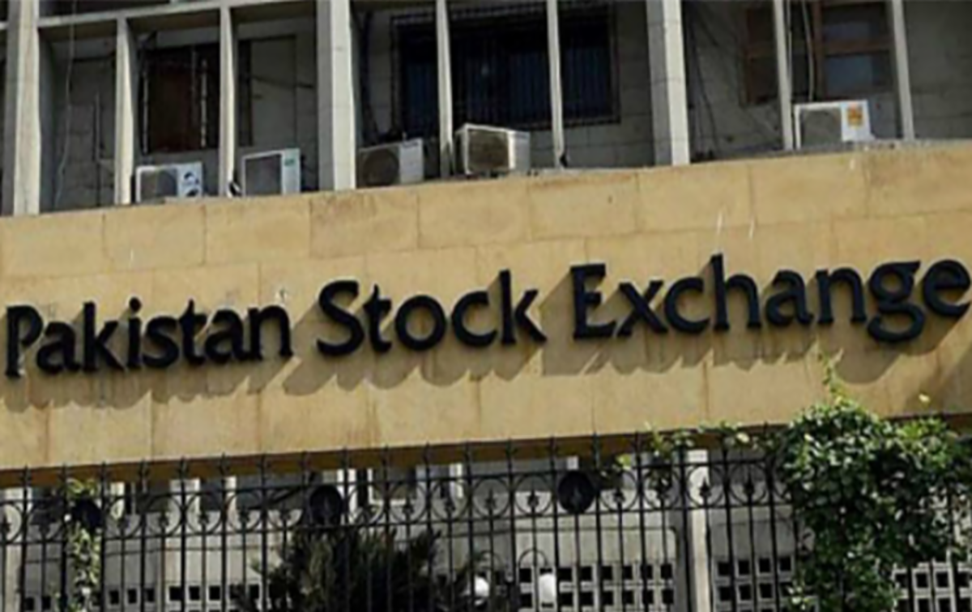The decline in Pakistan's foreign exchange reserves and widening of the current account deficit since the end of the country's IMF programme in September 2016 has raised medium term risks, says Fitch Ratings.
Nevertheless, Pakistan is unlikely to face external financing difficulties in the short term. The government raised USD2.5 billion through an international bond issuance in late November and the authorities' decision to allow the rupee to fluctuate could be a step towards stemming the deterioration in the external position.
The current account deficit more than doubled in the fiscal year ending June 2017 (FY17) to 4.1% of GDP, from 1.7% in FY16, largely owing to a surge in imports. The widening of the current account deficit has been much larger than we expected earlier this year. Meanwhile, official reserve assets fell from a peak of USD22.8 billion in October 2016 to USD16.8 billion in November 2017 (including gold), exacerbated by the State Bank of Pakistan's (SBP) policy of keeping the rupee stable against the US dollar.
The SBP began to allow more currency flexibility on 8 December and the rupee has since dropped by nearly 5% against the US dollar. Continued currency flexibility would alleviate some pressure on foreign reserves and could help contain the current account deficit by improving export competitiveness. The authorities are also taking other steps to contain the current account to within 4% of GDP, such as introducing tax rebates on exports and import duties on non-essential items, as well as allowing greater pass-through of rising oil prices to consumers. The incipient exports recovery amid stronger global demand might also help.
The impact of these measures on the current account and reserves remains to be seen. In particular, it is still uncertain how much currency depreciation the authorities would be willing to tolerate. The SBP has indicated its commitment to allowing the market to determine the value of the rupee, with intervention limited to smoothing operations. Nevertheless, the SBP previously met political resistance when it attempted to allow more currency flexibility, and its resolve could be tested if there were sustained downward pressure on the currency. Currency adjustment would also have little impact on imports associated with the China-Pakistan Economic Corridor (CPEC), which have been a driver of the current account widening and will continue over the medium term.
The immediate threat of external financing problems does not appear to be high. The government has not so far faced any significant funding constraints. Bond yields have risen slightly since the end of the IMF programme, but are low by the standards of previous years. The government's recent bond issuance is also a sign of continuing investor confidence, which is likely to have been bolstered by the economy's resilience. We project growth of 5.5% in 2018 and 6.0% in 2019. Furthermore, imports related to the CPEC will be largely covered by financing from China.
Nevertheless, medium-term risks are rising. Official reserves are still higher than before the IMF agreement in 2013, but they could approach those levels in the next couple of years if the recent rate of depletion continues. Moreover, investor appetite may be tested in the coming months as global monetary conditions are set to tighten further and the political environment could remain volatile ahead of elections due by July.
Further ahead, pressures could continue to rise as profit repatriation and repayments of loans from CPEC-related projects kick in. The authorities intend the CPEC projects to drive supply-side improvements that boost manufacturing exports and help generate foreign currency revenue to meet CPEC-related external payments, but this scenario might not materialize, particularly considering macroeconomic and political risks.







